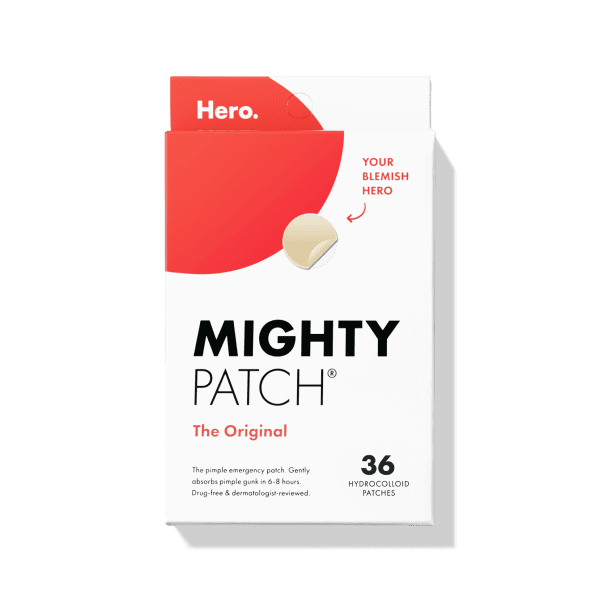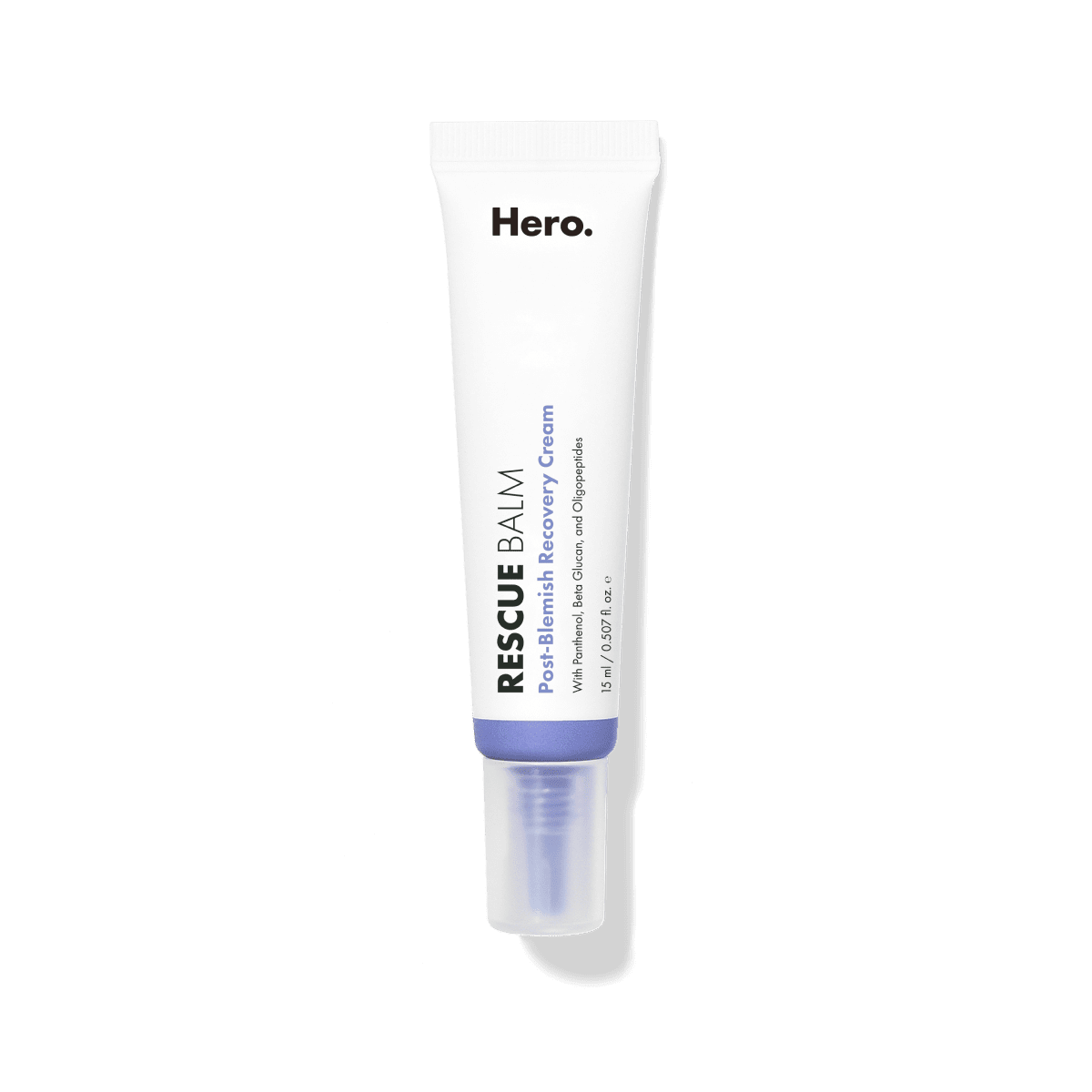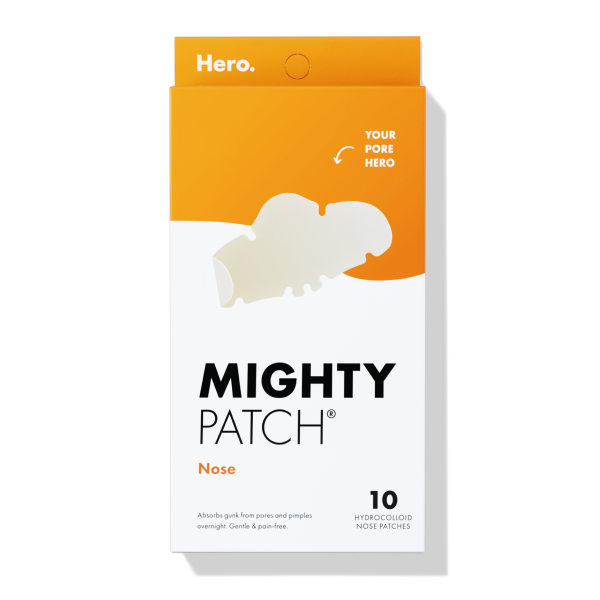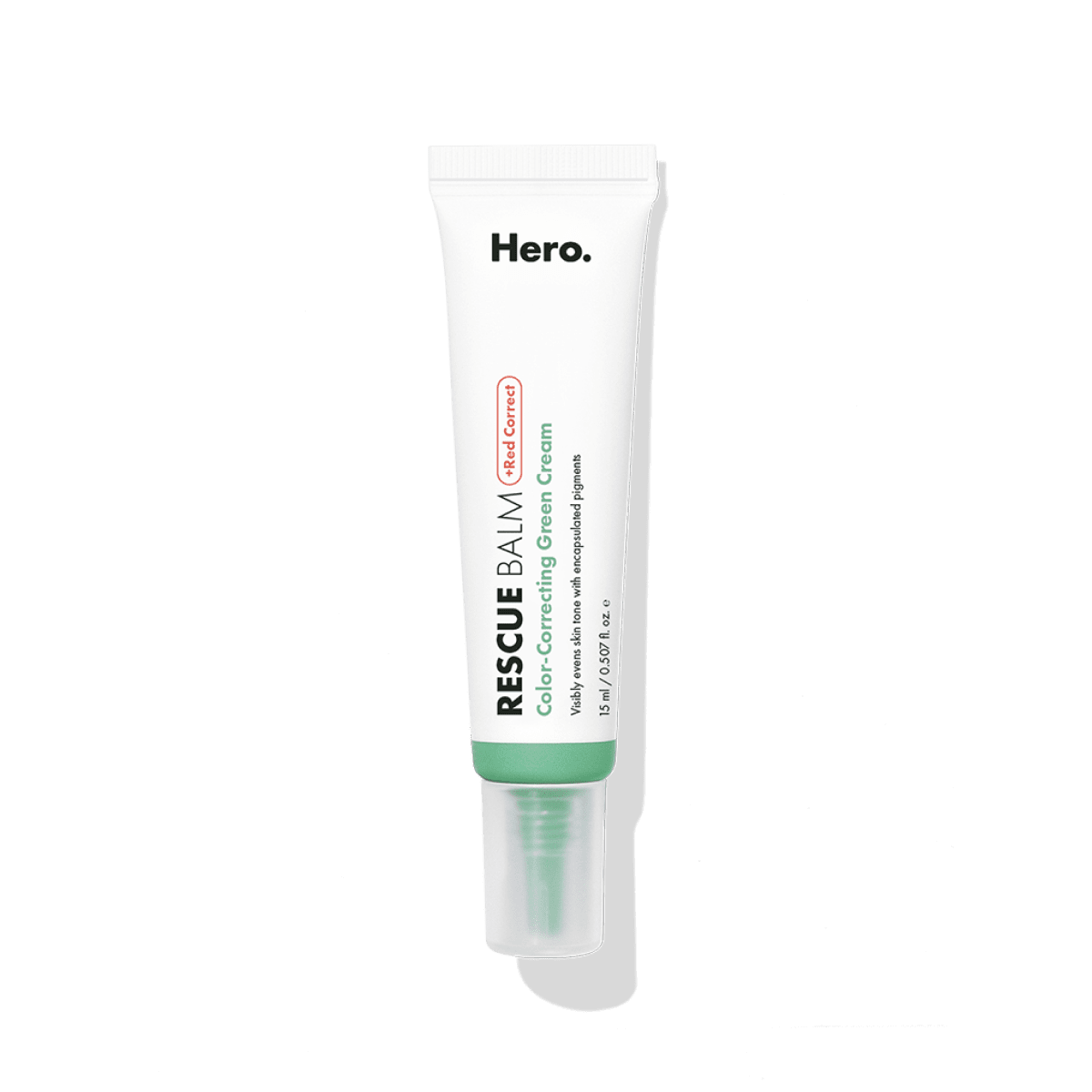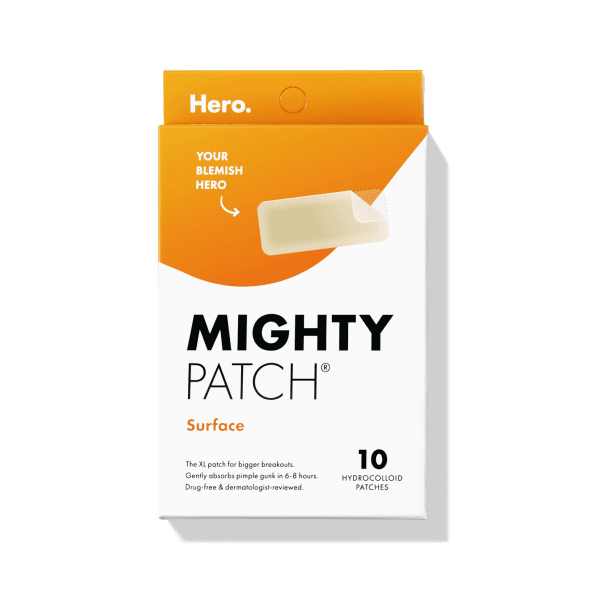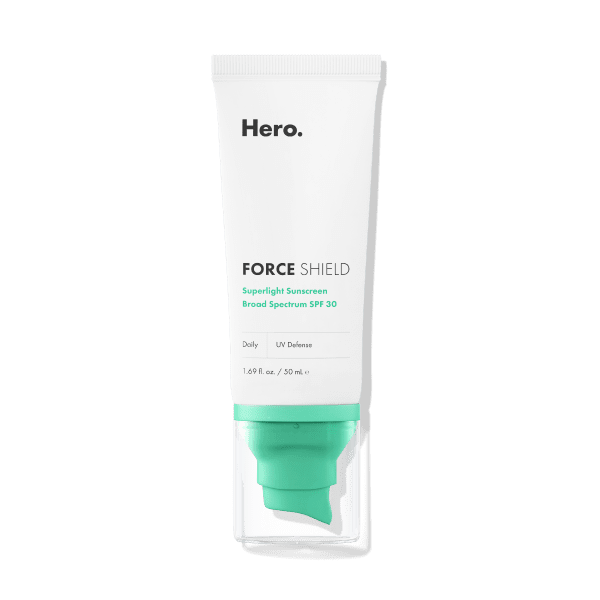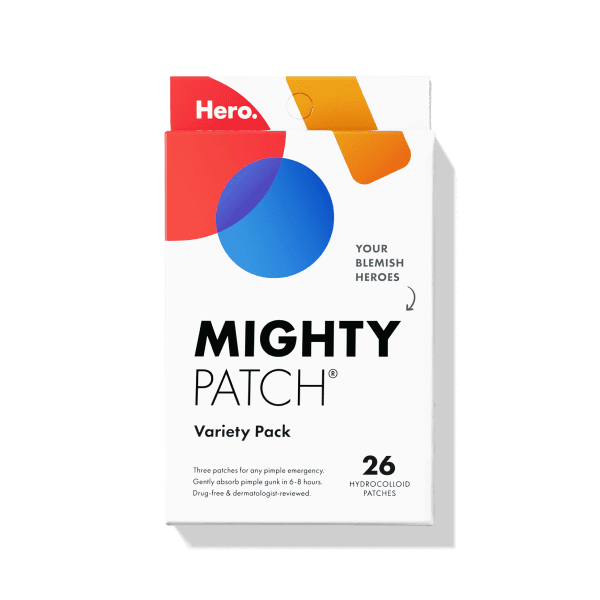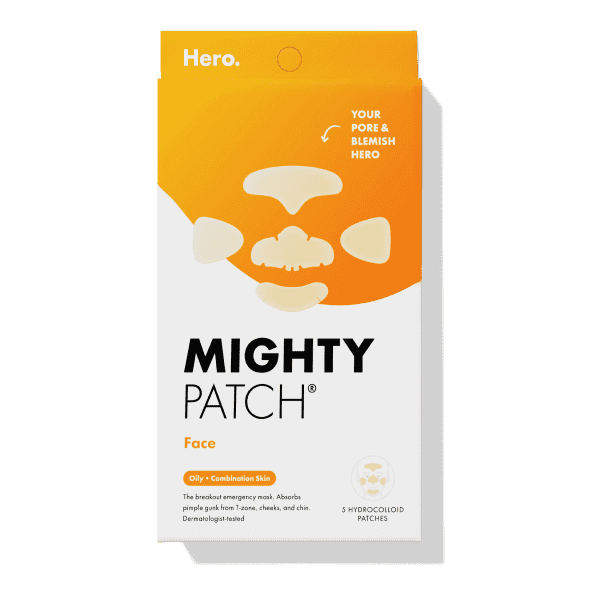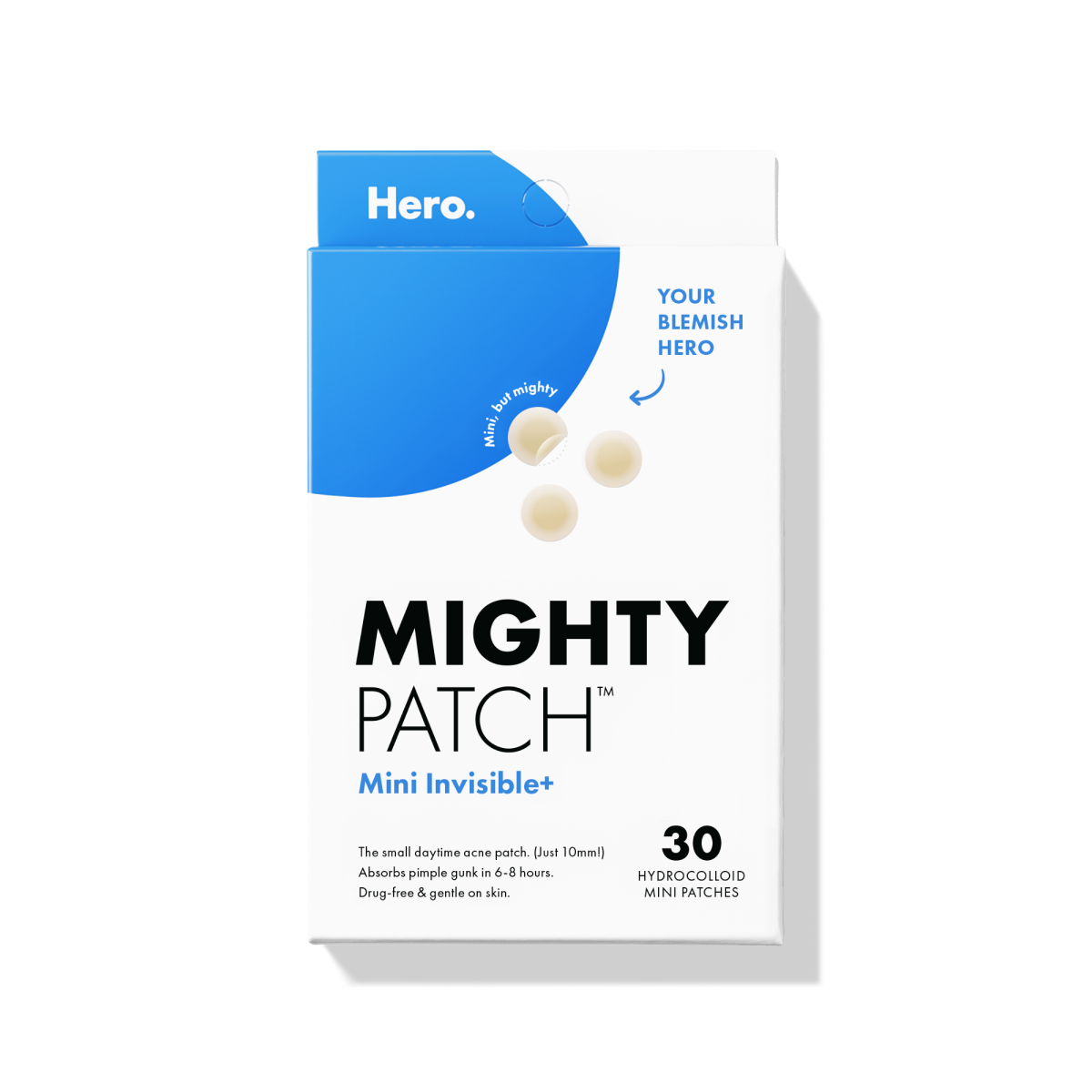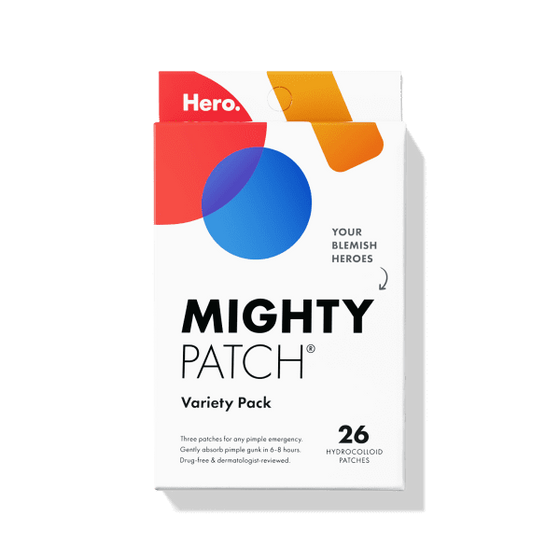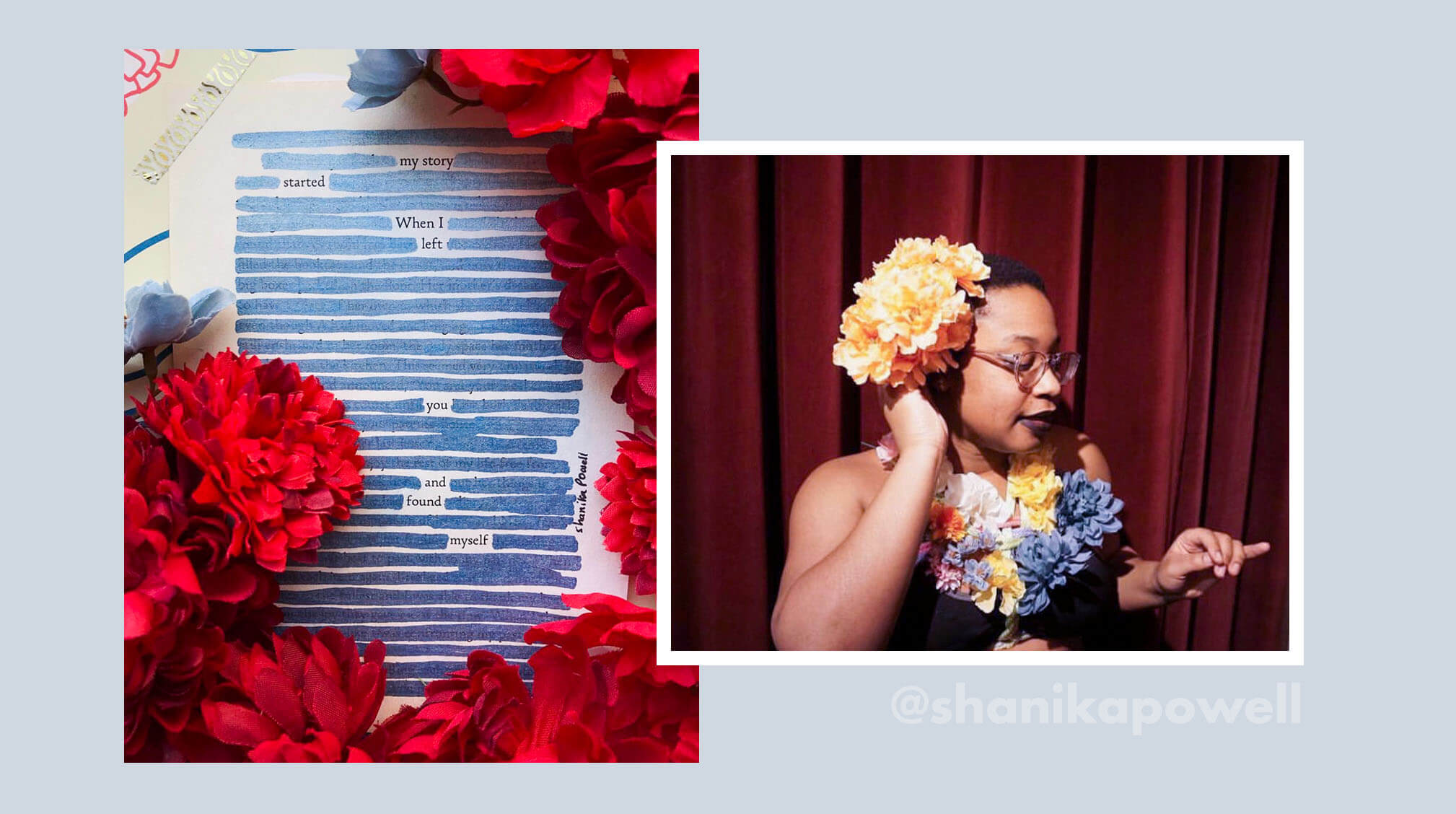
Take a page out of yesterday’s newspaper and circle your favorite words. Then on another sheet of paper, write out all the words you circled. Without changing the order, use words from that list of words and create a poem. Then, take a marker and draw lines over the words you aren’t using. And there you have it, your first blackout poem!
For Harlem-based creative Shanika Powell, creating blackout poetry was a way for her to introduce joy back into her writing practice.

1. How did you get into blackout poetry?
I discovered Blackout poetry a little over five years ago through Austin Kleon, a writer and Blackout poet who wrote Steal Like an Artist. At the time, I was underemployed, overly committed to a few toxic friendships, and struggling with writer’s block. I started reading Julia Cameron’s The Artist’s Way at the recommendation of a friend, which helped me realize that I was feeling blocked because my creative work no longer felt like play. So I went for a stroll over to Michaels, my second home, bought some metallic markers, and got to it. Making Blackout poetry helped me reconnect with my creativity and things that made me feel excited about life. I recommend it to anyone in need of a low-stakes creative outlet.
2. Do you have certain themes that you love to write about?
I enjoy writing about the things I struggle with and the things I’ve overcome. Self-esteem, uncertainty, self-discovery, and mental health in general are a few themes you’ll find throughout my work.
3. Where do you get your inspiration from?
No clue! I carve out time to write and then I do my best to appreciate myself for showing up. I’ve come to value discipline over inspiration.
4. In addition to poetry, you also create flower installation artwork. What goes through your mind when you go to arrange a new artwork?
The piece that I made recently for a friend’s art show was my first public installation. It was an intuitive process. I set out to make something that I couldn’t take my eyes off of and then let my instincts guide me for the next eight hours. It was a really lovely exercise in going with my gut.
5. Do find that your audience resonates with a particular kind of poetry? What kind is that?
I try to be as authentic as possible when I’m writing poems and making Blackouts. I write what I feel, what I fear, and what I need to hear. I find that poems that are the most honest tend to resonate with my audience, rather than the poems that I think simply sound or look cool.
6. Tell us about an early experience where you fell in love with poetry.
I can’t pinpoint a moment or experience where I fell in love with poetry. It’s just something that I do. It’s the way that I process my emotions. If I had to compare it to a love story, it would be the kind where two childhood friends realize over the course of their lives that they’ve just sorta always been steadfastly in love.

7. What sort of role does gender play in poetry? In your own work?
Just like my race, class, ability, and sexuality, gender is one of the many lenses through which I experience the world. All of my intersecting identities affect how I’m viewed and treated by others. Because I’m a queer Black woman, I’ve often had people ignore me, talk over me, and treat me in ways that indicate that they don’t think I have much to offer. Growing up I spent so much time trying to show people that I wasn’t a bunch of walking stereotypes that I never spent much time thinking about how I felt about myself and what aspects of my identity mattered most to me.
The themes I touch on in my poetry reflect the ups and downs that I’ve experienced while trying to be and accept myself. A huge part of the reason why I’m so comfortable sharing my story through poetry is because I’ve read and learned from so many successful female poets from all walks of life. Their work and success gives me hope for the future of my career and reinforces the inherent value of telling my story.
8. You share a lot of self-care posts that talk about mental health awareness, tell us more about why this is a topic you think is important to share.
My first therapist altered the course of my life. I’m not sure who I would be without her. I broke down sobbing during our fourth session when she told me that, based on her observations, I didn’t like myself very much. It hurt so much to hear because I knew she was right. I was just so tired of feeling small and ashamed of myself all the time.
Seeing a therapist, journaling, nurturing my interests, and cultivating healthy relationships has allowed me to approach myself and my life with a sense of love and appreciation that I didn’t think was possible. Simply learning that mental health was a thing helped me take the steps I needed to start feeling like I was someone who mattered and was someone worth my own time. As a result, I want to talk about mental health as often as I can. I know how life-changing taking charge of your mental health can be. I’d be so honored to have my work be a stepping stone on someone else's road to empowerment, self-love, and self-acceptance.
Shanika is currently working herself up to drafting a novel. She’s recently made her first ever floral installation for a friend’s art show and she’s looking for opportunities to make even more. You can find more of Shanika’s work on her Instagram.
